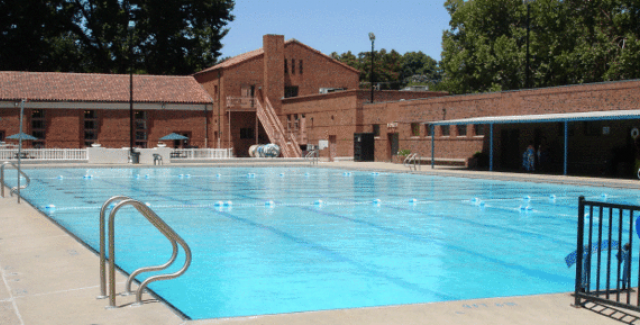Know what to do when swimming, boating or playing in water.
From a seemingly innocent bath to family fun on the lake, water accidents can happen quickly, at a time when you least suspect it. And interestingly enough, two-thirds of the 6,000 people in the U.S. who die from a drowning every year have no intention of being in the water in the first place. Be aware and in the know about water safety:
Five simple steps:
- Make sure your children know how to swim. If they don’t, local YMCAs offer swim instruction as do private swim instructors.
- Never leave children unattended in a swimming pool or other body of water, including a bathtub. And never swim alone, yourself.
- Have at least one person in your household CPR-certified and keep his or her certification current.
- Post CPR instructions and 9-1-1 or your local emergency number in the swimming pool area or in your boat.
- Always enter the water feet first. Never dive into lakes and rivers or shallow pools. Hidden dangers may be underneath, including rocks or shallow water.
Other steps for swimmers:
- Be cautious—don’t overestimate your swimming skills.
- Swim only in designated areas.
- Choose public swim areas with a lifeguard on duty.
- Always wear your life jacket or preserver if you cannot swim.
Other steps for boaters:
- Before you go out on your boat, check the weather forecast. If there’s any doubt about the weather, stay docked until it passes.
- Know the boating “rules of the road.” Take a boating safety class if necessary.
- Check your boat for all required safety equipment.
- Consider the size of your boat, the number of passengers and the amount of extra equipment that will be onboard. DON’T OVERLOAD THE BOAT!
- Be sure electrical and fuel systems are working properly on powerboats.
- Wear your life jackets—don’t just carry them onboard.
- Stay sober. You are responsible not only for your own life, but also the lives of others on your boat and on others. (Research shows that four hours of boating, exposure to noise, vibration, sun, glare and wind produces fatigue that makes you act as if you were legally intoxicated. If you combine alcohol consumption with this boating fatigue condition, it intensifies the effects and increases your accident risk.)






